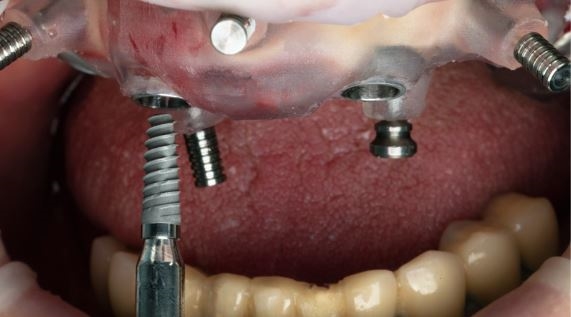How often do all on 6 dental implants fail?
All on 6 dental implants often have a high success rate and a low failure rate. The success and failure rates, however, might vary based on a number of variables, including the specific patient, the dental professional's training and expertise, and the appropriate post-operative treatment.

Although it can be difficult to give a precise number, studies have shown that All on 6 dental implants have a success rate that ranges from 90% to 95% over a 15 to 20 year follow-up period. This indicates that most patients who have All on 6 implant surgery have successful results and gain the advantages of a stable and useful set of teeth.
Implant failure can be caused by a number of reasons, such as:
- The process of the implants joining with the jawbone is known as osseointegration. Failure of this procedure could result in implant failure. Smoking, certain medical problems, insufficient bone quality or quantity, and subpar surgical technique are some of the factors that can hinder osseointegration.
- The success of dental implants can be harmed by the presence of infection. If an infection is not appropriately managed, it might develop during or after implant surgery and result in implant failure.
- The inflammation and infection of the tissues around dental implants are symptoms of peri-implantitis. It can result in bone loss and implant failure if left untreated.
- Dental implants need to be successful in the long run, so it's important to maintain appropriate oral hygiene. The risk of implant failure might increase if proper oral hygiene routines including brushing, flossing, and regular dental appointments are neglected.
- Issues with the bite's alignment or the way chewing forces are distributed might place too much stress on the implants, potentially causing issues or implant failure.
It is crucial to remember that these risks can be reduced or completely avoided by choosing a qualified and experienced dental practitioner, adhering to post-operative care guidelines, practicing good oral hygiene, and going to routine dental checkups.
It is advised to speak with a dental expert who can examine your mouth, go through the dangers, and offer specialized information based on your particular situation if you want to know the precise success and failure rates for All on 6 dental implants in your case.
If you have any questions you do not find here, please contact us.
